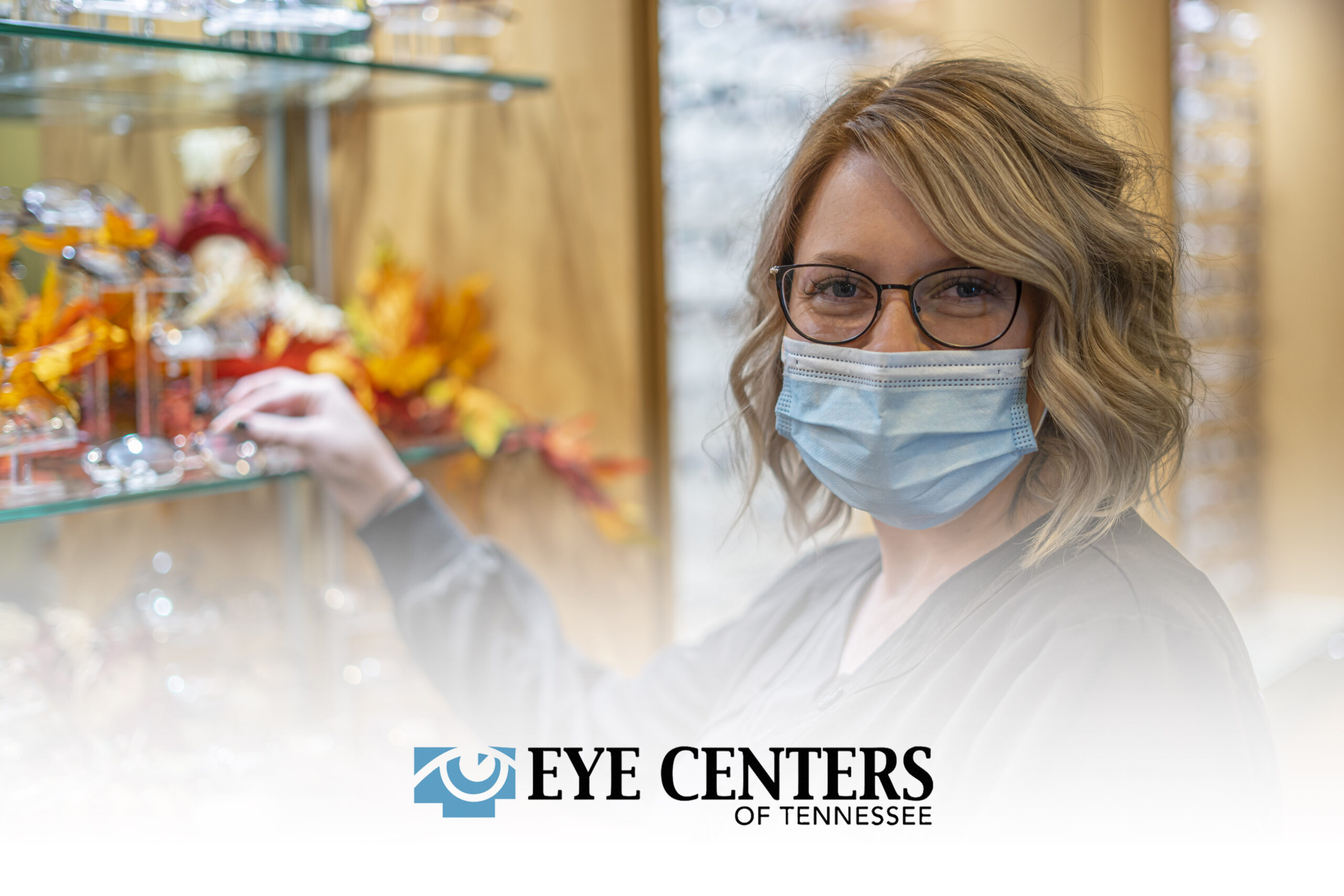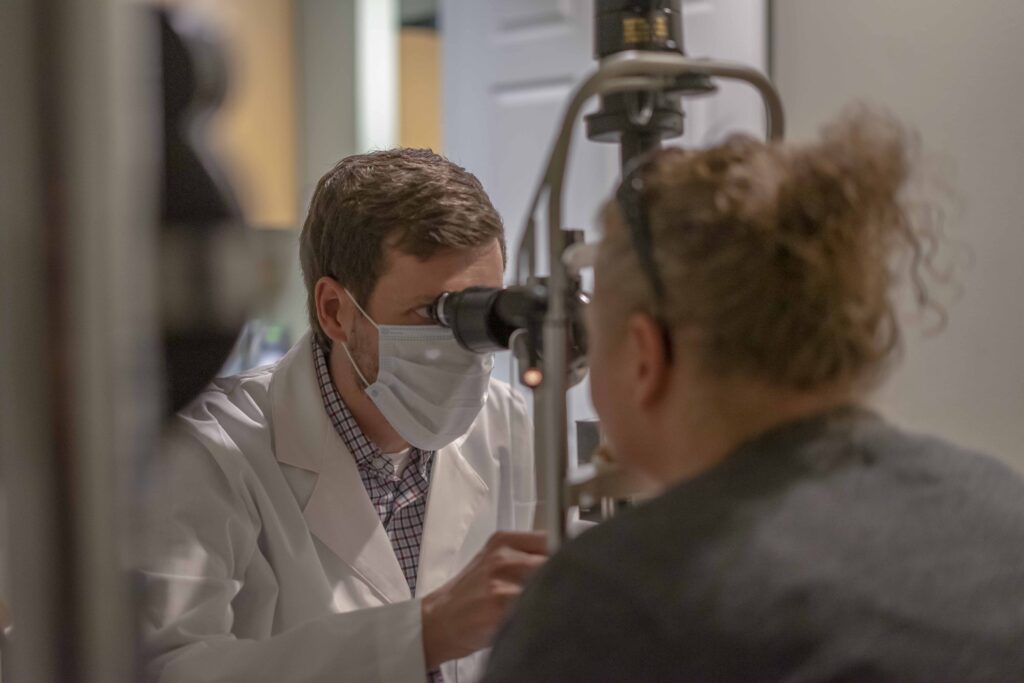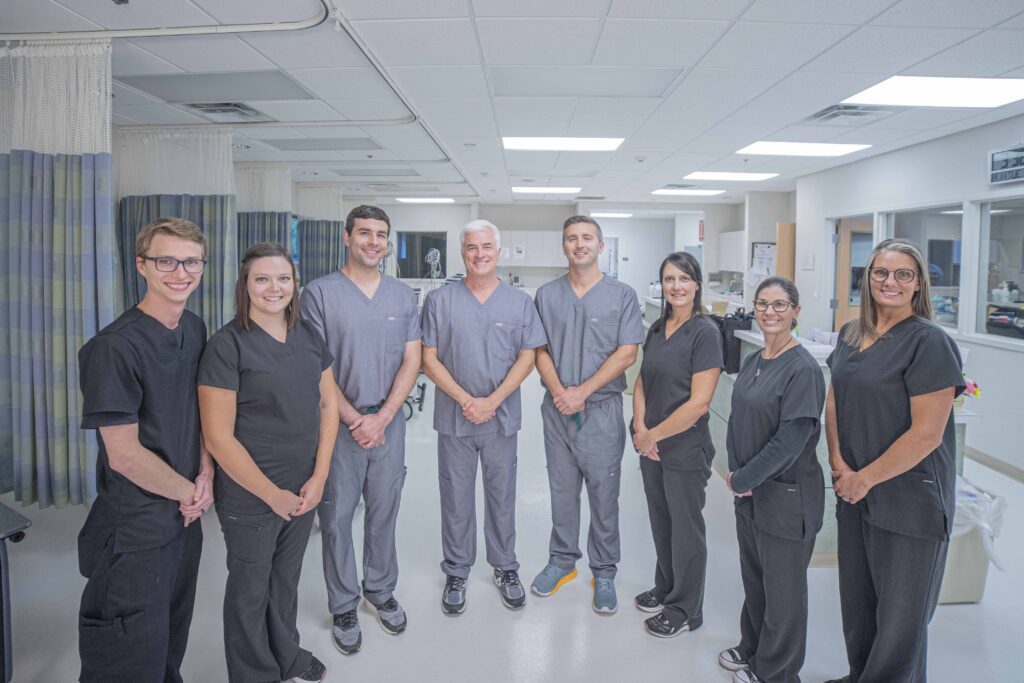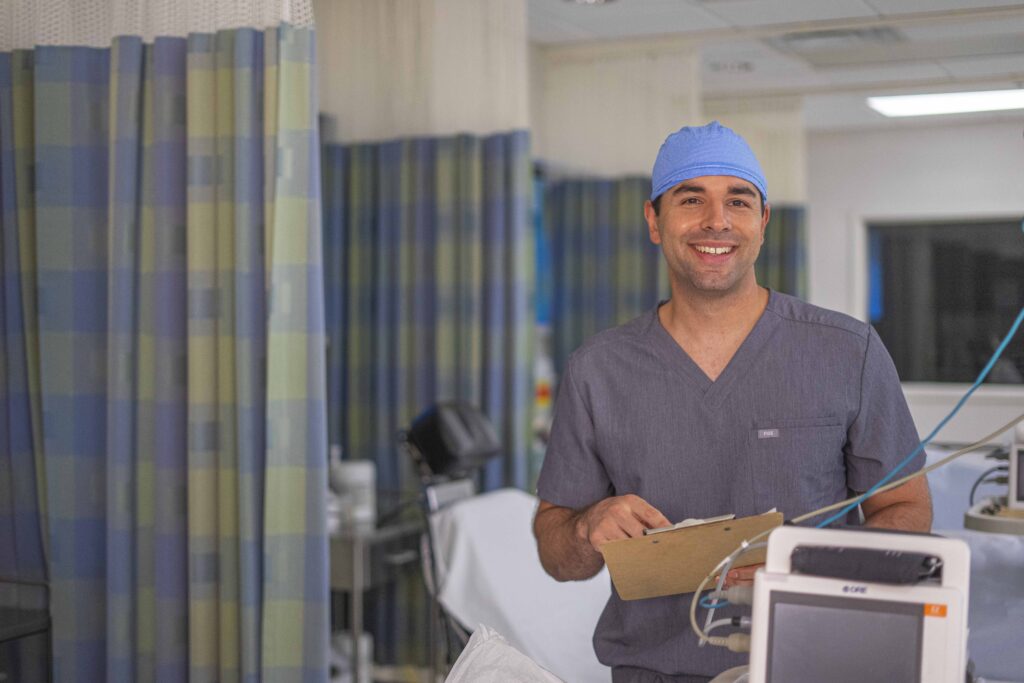
Oct 26, 2020
What is the difference between Optometry and Ophthalmology?
Succinctly put, optometry is “the practice or profession of examining the eyes for visual defects and prescribing corrective lenses.” While on the other hand, ophthalmology is “the branch of medicine concerned with the study and treatment of disorders and diseases of the eye.”
What I can say from personal experience is that optometrists are amazing at recognizing issues and treatments with lenses, while ophthalmologists are brought in for specific cases. Ophthalmologists are required to have extensive training that gives them a greater ability to detect and treat more in-depth disorders.

So now that we have officially put you to sleep, let’s explain how Eye Centers of Tennessee has designed their system to benefit YOU! At our offices, the collaboration between ophthalmology and optometry is so important. With the growing population of the United States, more people need to be involved in eye care. Because of this, Eye Centers of Tennessee has decided to approach the care of every patient with a model including both optometry and ophthalmology. We believe that both professions are necessary to enhance our patient’s lives. There simply are not enough optometrists or ophthalmologists to try to handle every single problem for every single patient. We need group efforts to help with contact lenses, cataract, glaucoma, and retina patients.
This is why we have built a model that benefits both the doctors and the patients.

With the average age in the United States increasing, minor eye issues can become major very rapidly. Having a practice that recognizes this in advance and adapts quickly to the patient’s needs makes the entire process of quality eye care more enjoyable and effective. Because of this, our surgeons are freed up to be better surgeons while our optometrists are freed up to be better clinicians. We believe this allows the optometrist to have a more full clinic and stay more productive. When the model is placed so that the ophthalmologist is able to trust his patient’s care with the able-bodied optometrist, this allows more streamlined exams and procedures.

Also, due to the aging population, this has further accelerated this procedure with our company.
Our ophthalmologists are on call for each and every surgery patient at any time. We stand beside the optometrist should there be any issues during the post-operative phase. This ensures the patient that they have a team approach and no stones will be left unturned. We don’t believe in a model that the ophthalmologist is a surgeon but not a clinician. We believe the best model is for the patient to have the care of optometry and ophthalmology all at the same time.
